Christine Dungay describes her baby brother David Dungay Jr as a gentle, loyal boy who followed her around like a shadow. He was 10 years her junior and, growing up, she doted on him. “I was his protector,” she says.
One of her clearest memories is of David running down the hallway on one of his first Christmas mornings. “The look on his face [when he saw his presents]… what can I say. He was this little short, fat fella with long, lovely hair and the biggest smile you ever saw.” Her voice cracks.
This is the way that Christine remembers David.
To the rest of Australia, the name David Dungay Jr conjures up a far less innocent, more distressing moment.
On December 29, 2015, six prison officers carrying a riot shield stormed into David’s cell in Long Bay Prison after he refused to stop eating a packet of crackers.
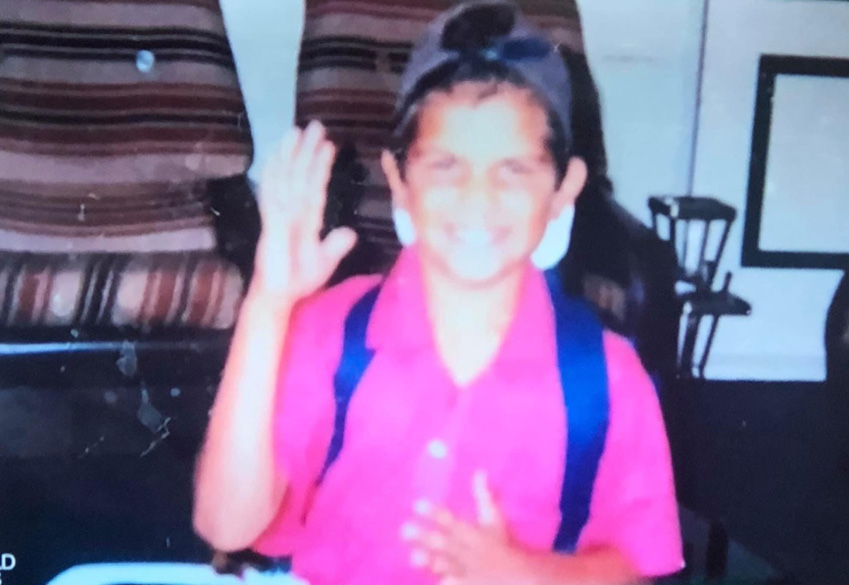

The guards dragged him to another cell, where they restrained him, knelt on his back and injected him with a sedative. Throughout David’s final few moments – which were captured by CCTV – he repeatedly cried out that he couldn’t breathe. Even as his desperate pleas became panicked screams, the officers ignored him. One told David that if he could talk, he could breathe.
At 2.49pm, David’s body went limp and he died. Later, his death was attributed to cardiac arrhythmia.
Since then, his family have campaigned tirelessly for someone to be held accountable for David’s death, which came just six weeks before he was due for parole. The Dungays have marched in rallies, signed petitions and last year attended a coronial inquest into David’s death, which found that he should never have been forced out of his cell. Today they are still waiting for what their lawyer describes as “meaningful action”.
For the Dungays, the news of George Floyd’s death in Minneapolis, has brought their campaign – and their loss – into sharp relief. “It’s like we’re losing him all over again,” says Christine. “It’s hard for me… I can’t even read [Facebook] posts [about Floyd]. I just keep scrolling because if I stop I’m crying.
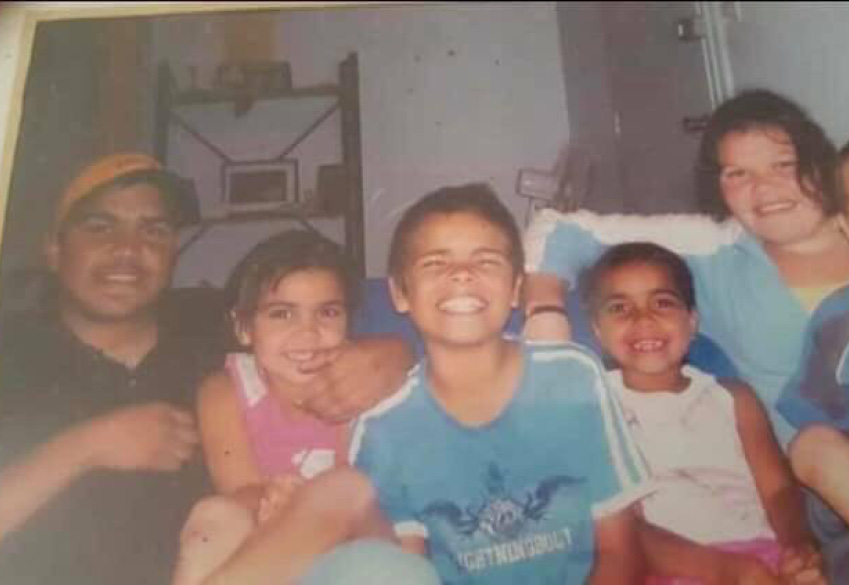

“My heart goes out to [George Floyd’s] family. But I’m angry at the same time because why did they [the US policeman] get charged straight away but today, five years later, we’re still fighting?”
They aren’t the only Australian family seeking justice over a death in custody. Since the 1991 Royal Commission into Aboriginal Deaths in Custody, at least 432 Indigenous Australians have died while in custody, according to Guardian’s Deaths Inside Project. No individual has been prosecuted in relation to any of the deaths.
One of the most high-profile cases involves Tanya Day, a 55-year-old Yorta Yorta woman who was arrested by police in December 2017 for public drunkenness and died in her cell Castlemaine police station, Victoria, after falling and hitting her head.
A coronial inquest in April found that the police officers who arrested her treated her differently to a non-Indigenous, intoxicated woman they encountered later that same day, who was driven home by police rather than being arrested or even fined.
Another case involves 22-year-old Ms Dhu who was arrested for failing to pay a fine in South Headland, Western Australia, in 2014. She died after her complaints of rib pain (caused by being assault by her partner several months before) weren’t taken seriously enough and she died of septicaemia.
“It’s hard to believe that in modern Australia, some 25 years after the Royal Commission into Aboriginal Deaths in Custody, this is still happening without accountability,” said George Newhouse of the National Justice Project, which acts for the Dungay family, in a statement.
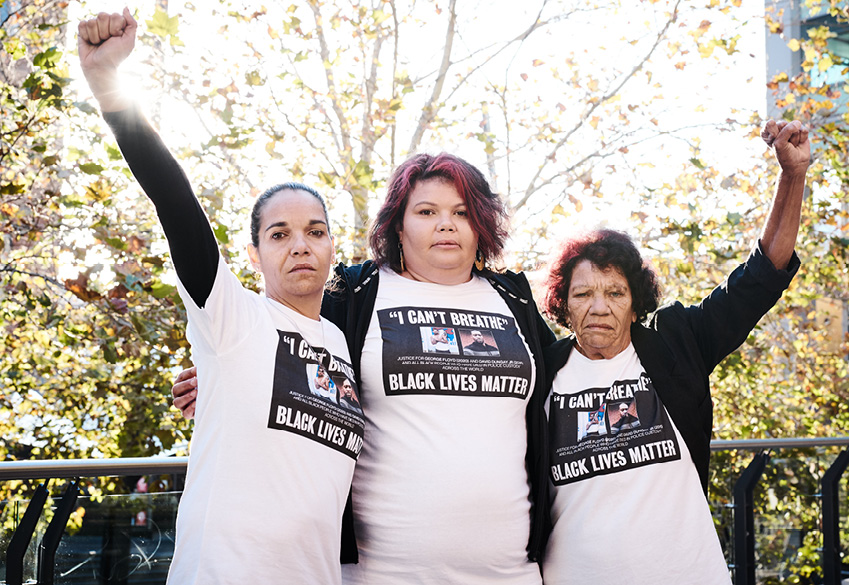

This weekend the Dungay family are in Sydney, having travelled from Kempsey, Port Macquarie and Coffs Harbour to attend a Black Lives Matter rally expressing solidarity with George Floyd’s supporters and seeking justice for David. However, last night – after NSW Police took the rally organisers to court – a judge ruled the protest could not go ahead because of safety concerns over coronavirus.
That isn’t stopping the Dungays. “We didn’t come down here for nothing,” says Christine, who is infuriated by Prime Minister Scott Morrison’s warning that protesters “shouldn’t be importing the things that are happening overseas to Australia”. “He needs to wake up. It’s happening here. How many lives have been taken?”
She says the Dungays plan to march peacefully – as they have in 30 previous protests – and not interact with police.
David’s mother Leetona is also in Sydney. “I’m going to keep marching on Mother Earth where they put my son in the ground.”
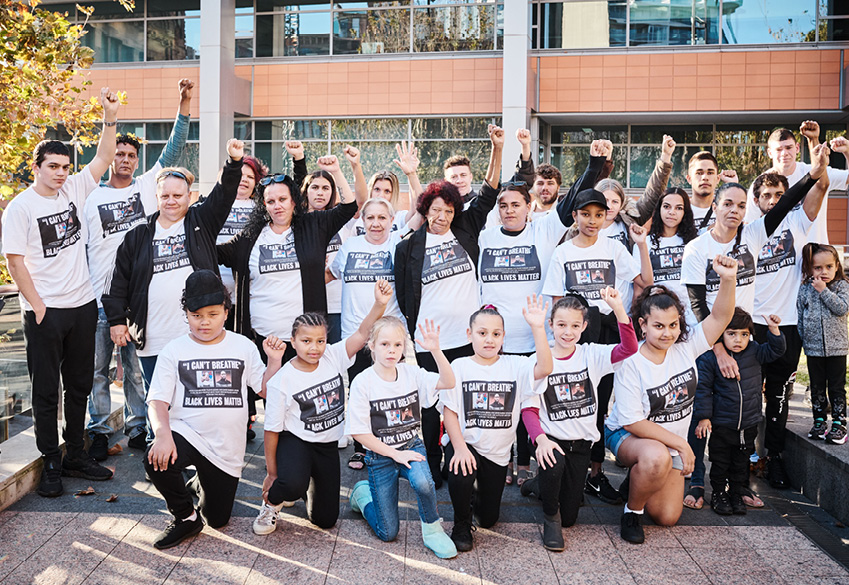

She remembers her son as a “happy-go-lucky” boy who played rugby league for the Sharks club in Port Macquarie. “He was a bright, happy person. He loved school. He done Year 10.” She says he became adept at managing diabetes, with which he was diagnosed with at a young age.
Christine says that her brother fell into destructive patterns in his teens. “The peer pressure got the best of him. He wanted to be like other boys.”
In 2008, David was imprisoned for assault, aggravated attempted sexual assault and a robbery offence. He was due to be considered for parole six weeks before his death. “We were planning a big coming home party,” Christine says, noting that because he’d missed so many landmark birthdays they wanted to celebrate “all in one”.
Unlike other members of her family, Christine has never watched the footage of her brother’s final moments. “I couldn’t bring myself to. I’m the oldest and the strongest, and I want to be there for all of them.”
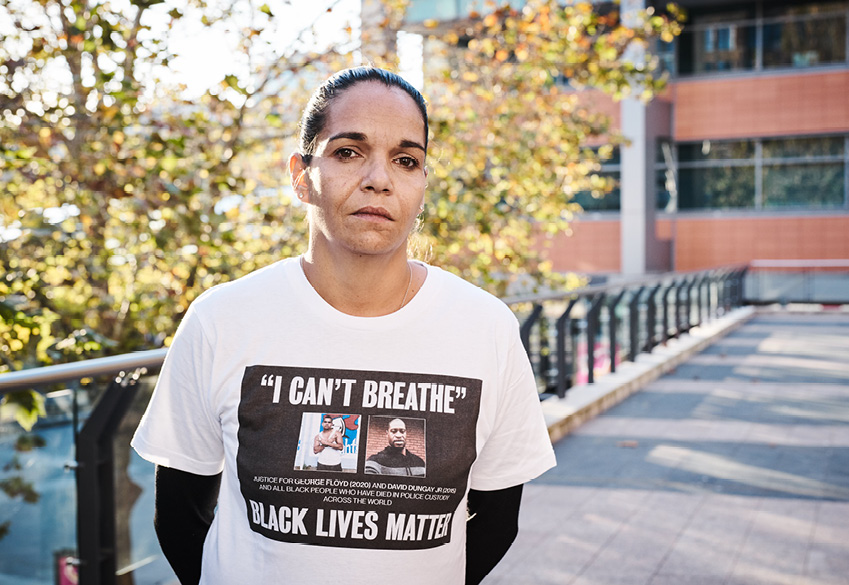

However, she doesn’t begrudge the video being available on the internet. “I want [people] to see more, to tell you the truth. We tried to get the coronial court to get the whole video released, so everyone can see what they did, and how my brother suffered.”
She is grappling to understand why there have been global protests over George Floyd’s death and so little outrage on behalf of her brother. “Seriously, people have got to think: What if this happened to them? We’ve been fighting for everyone in Australia so this doesn’t happen again, and we will continue to do it. But why don’t all these people – our people – get up and stand with us?”
The Dungay family has launched a Go Fund Me page to raise money for legal costs.


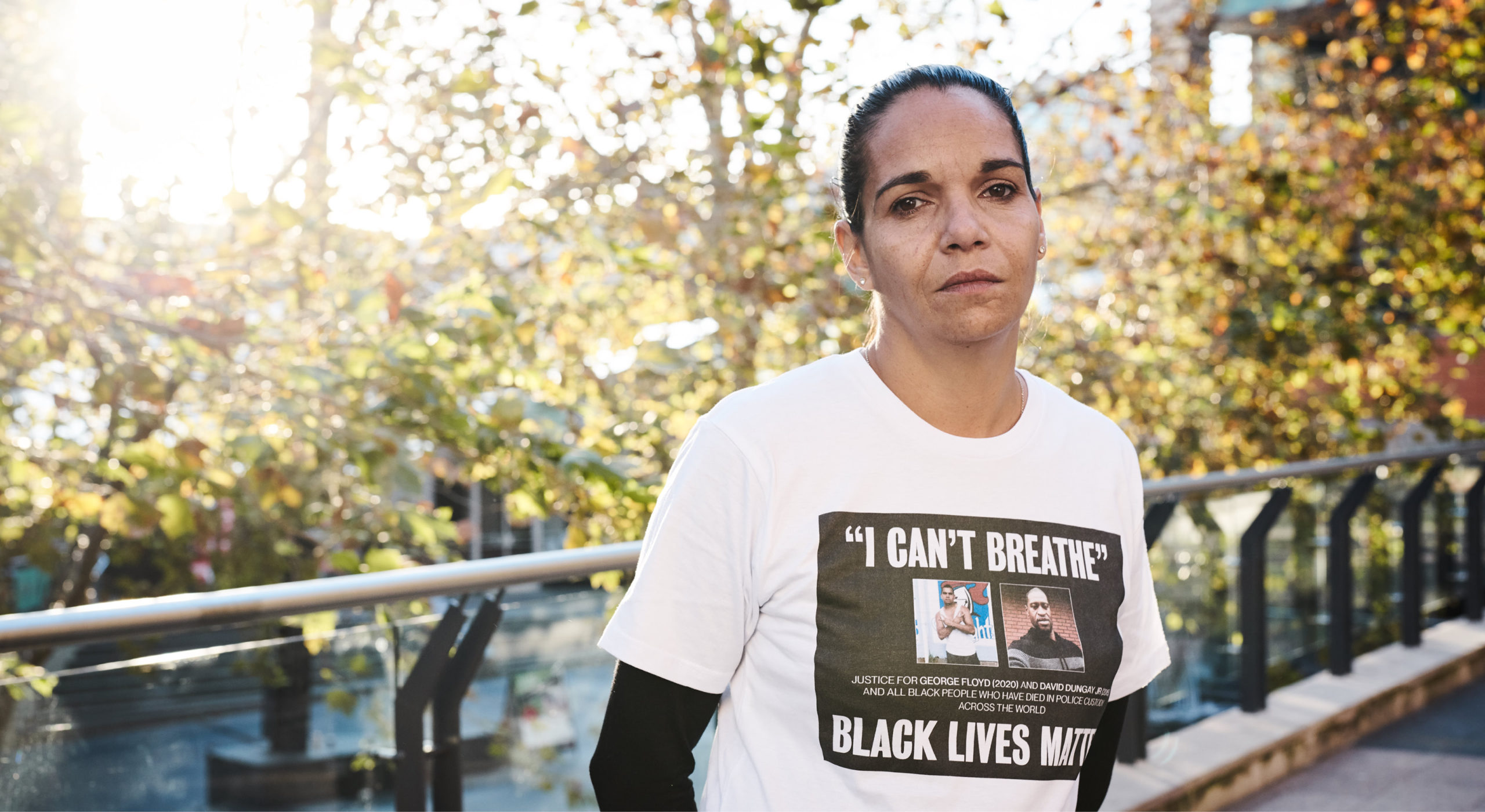


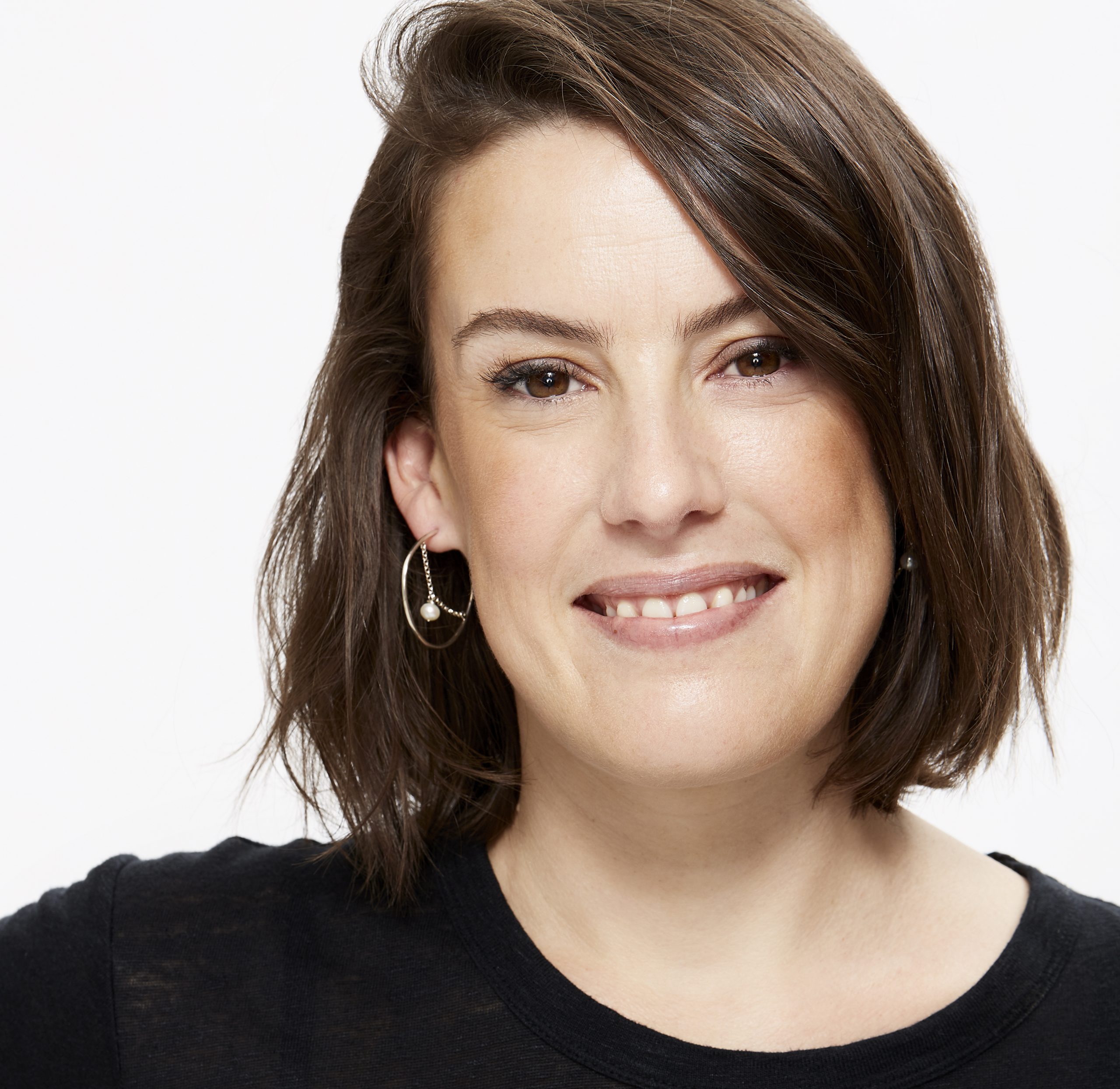

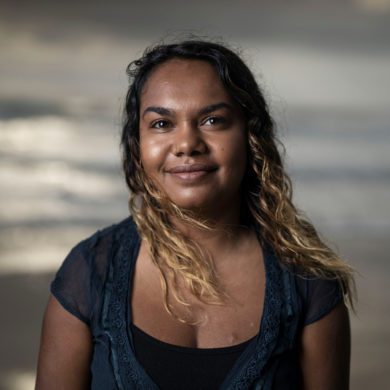
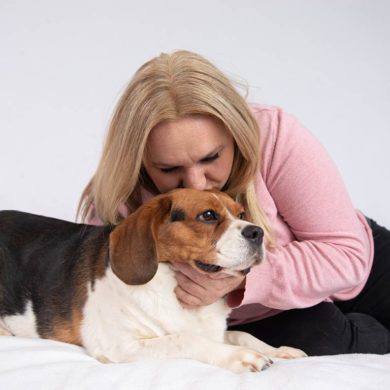
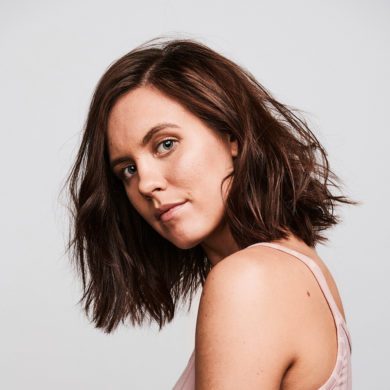
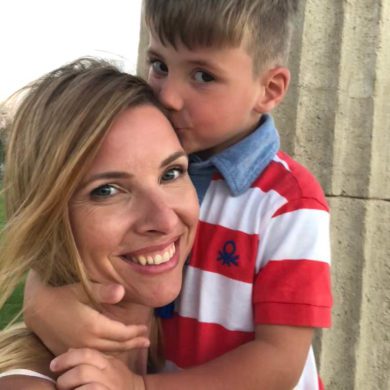
No Comments